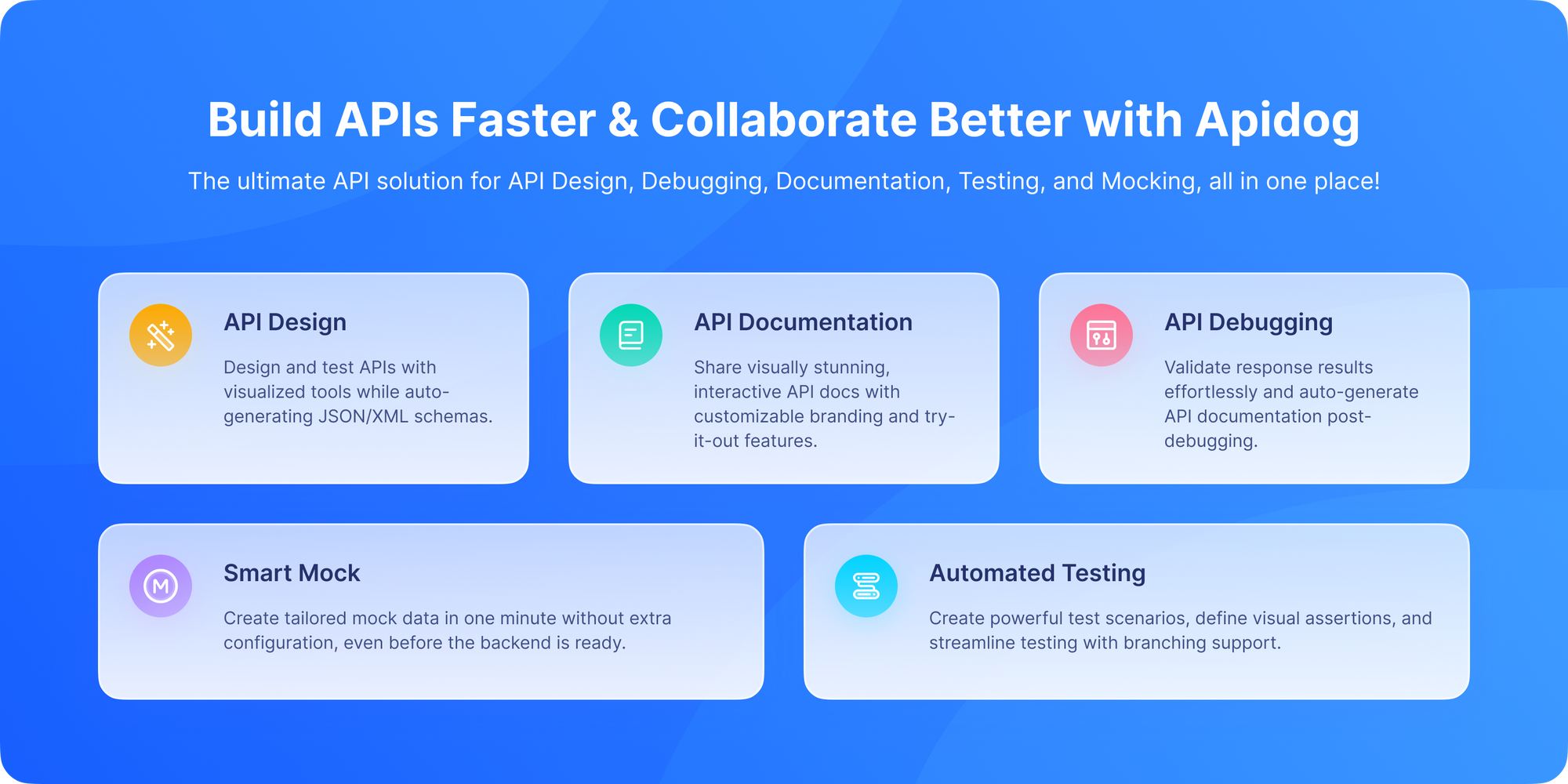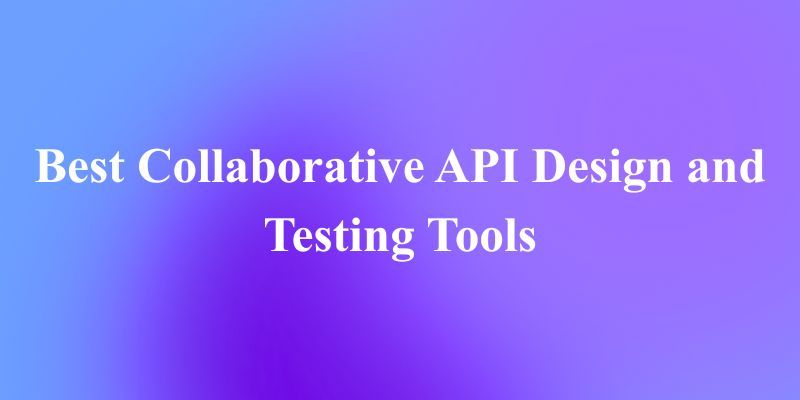Imagine this: your frontend team in San Francisco is ready to start building a new feature. Your backend team in Berlin is still designing the API. Your QA team in Bangalore is waiting to write tests. And your mobile team in Tokyo needs to start integration work. This coordination nightmare can bring development to a standstill unless you have a powerful solution: a shared mock server with proper environment management.
Creating mock servers that your entire global team can access, with the right environments and permissions, isn't just a convenience, it's a strategic necessity for modern software development. It enables parallel work, reduces dependencies, and accelerates your entire development lifecycle.
The good news? You don't need to build this infrastructure from scratch. With the right tools, you can set up a comprehensive mocking solution in hours, not weeks.
Now, let's walk through exactly how to set up mock servers that transform how your distributed teams collaborate.
The Global Development Challenge: Why Mock Servers Are Essential
Before we dive into the "how," let's understand why this matters so much for distributed teams.
The Problem: The Dependency Deadlock
When teams are spread across time zones, waiting for API dependencies can create massive bottlenecks:
- Frontend teams can't build UI without real API responses
- QA teams can't write tests without stable endpoints
- Mobile teams can't integrate without consistent data structures
- Third-party developers can't start work without API access
The Solution: Mock Servers to the Rescue
A properly configured mock server acts as a contract between teams. It provides:
- Instant API availability: No waiting for backend development
- Consistent responses: Predictable data for testing and development
- Parallel development: All teams can work simultaneously
- Early testing: QA can validate integration points immediately
Why Global Teams Need Better Mock Server Workflows
Modern teams rarely sit in the same building often not even in the same timezone. Your frontend team may be in Europe, your QA engineers in India, and your API architects in the US.
Mock servers become essential because:
- Backend isn’t ready yet
- Frontend needs stable fake data
- QA needs predictable environments
- Stakeholders want to preview workflows
- Documentation must show real responses for demos
- APIs change frequently
But when teams operate globally, relying on manual mocks, local JSON files, or siloed Postman collections becomes a disaster.
A shared mock server solves everything; if the tool supports real collaboration and proper environment management.
What Makes Shared Mocks Hard to Manage?
Teams struggle with mock servers for a few predictable reasons:
Different Teammates Use Different Tools
- Someone uses Postman.
- Someone else uses Swagger Editor.
- Another uses a local script with Express.js…
This results in three different mock servers for the same API.
Inconsistent Environments
Teams often need:
- Dev
- Staging
- QA
- Preview
- Feature branch environments
But only one environment is documented or worse, none.
Fake Data Isn’t Aligned with API Specs
Mock data must follow OpenAPI definitions. Otherwise, front-end and QA teams develop mismatched expectations.
No Version Control
When someone updates a mock response, others don’t get notified.
No Unified Cloud Access
If mocks live on someone’s laptop, no one else can use them.
A global team needs something more coordinated.
Using Apidog to Generate Mock Servers with Sharing and Environments

Now we get into the good part.
If you need a mock server platform built specifically for collaboration and global team workflows, Apidog is one of the most complete solutions available today.
Below we'll walk through its capabilities:
- Team Collaboration
- Mock API data
- Cloud Mock
- Self-hosted Runner Mock
Team Collaboration in Apidog

Apidog is built with collaboration at the center, not bolted on as an afterthought.
Teams can:
- Co-edit API definitions
- Share mocks automatically
- Assign roles and permissions
- Keep version histories
- Sync updates across regions instantly
This is ideal for global teams because when one person updates a mock rule, everyone sees the new behavior instantly.
Why this matters:
No more "Why does your response look different from mine?" confusion.
Mock API Data in Apidog

Apidog has one of the most advanced mock engines among API platforms. You can:
- Auto-generate mocks from schemas
- Define example values or dynamic rules
- Use JSON Schema or Apidog’s rule syntax
- Add conditional mock logic
- Simulate latency or error responses
Because mocks follow the API model, they are always in sync with your specification.
This prevents costly “API mismatch bugs” where frontend and backend disagree on field types or naming conventions.
Cloud Mock Servers

Cloud mocks are where Apidog truly shines for distributed teams.
You get:
- Public mock URLs
- Global accessibility
- Real-time synchronization
- Automatic version updates
- No server setup required
Teams across the world can hit the same mock endpoint even when backend engineers are asleep.
Self-Hosted Runner Mock

Enterprises often want mock servers within their private network.
Apidog supports:
- On-premises runners
- VPC integration
- Privacy-first setups
- Internal-only mock endpoints
With self-hosted runners, you can keep sensitive API models inside your firewall while still using Apidog’s collaborative UI.
Conclusion: Unlock Your Team's Potential
Mock servers are essential for modern development, especially when global teams need to collaborate in real time. But traditional mock setups don't offer the sharing, synchronization, and environment controls that large or distributed teams require.
That's where Apidog stands out.
It provides:
- Cloud mocks
- Self-hosted mocks
- Team collaboration
- Robust environment management
- Schema-driven mock data
- Instant sharing
- Global access
Remember, the goal isn't just to create mocks; it's to create a collaborative environment where your entire global team can do their best work, regardless of location or time zone.
Ready to experience the difference? Download Apidog for free today and start building better APIs, faster, with your distributed team. With features designed specifically for global collaboration, you'll wonder how you ever managed without it.



